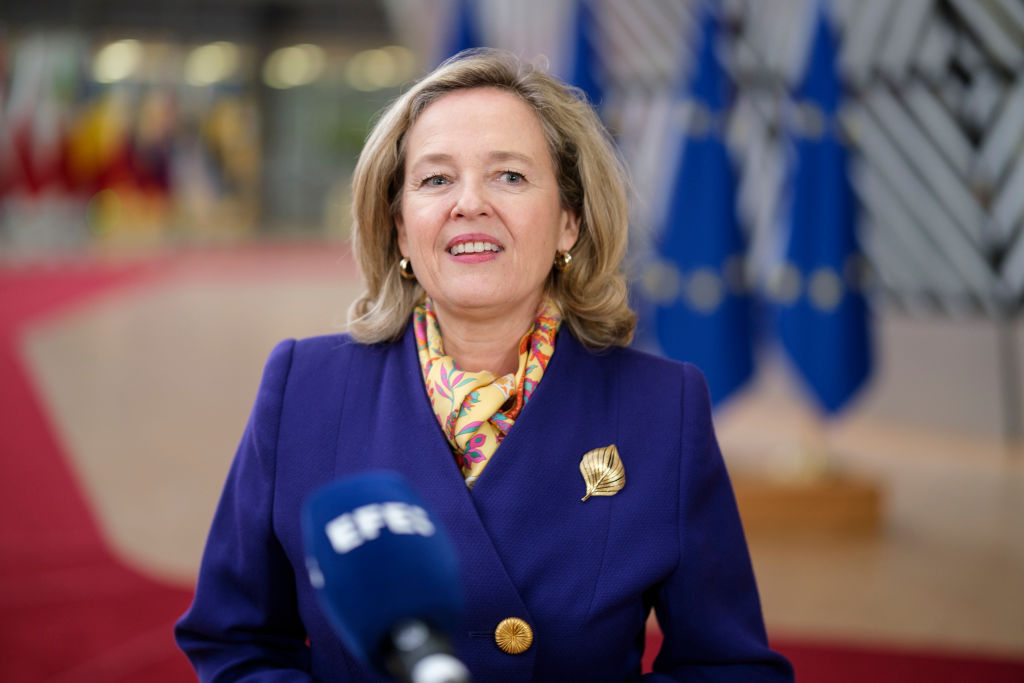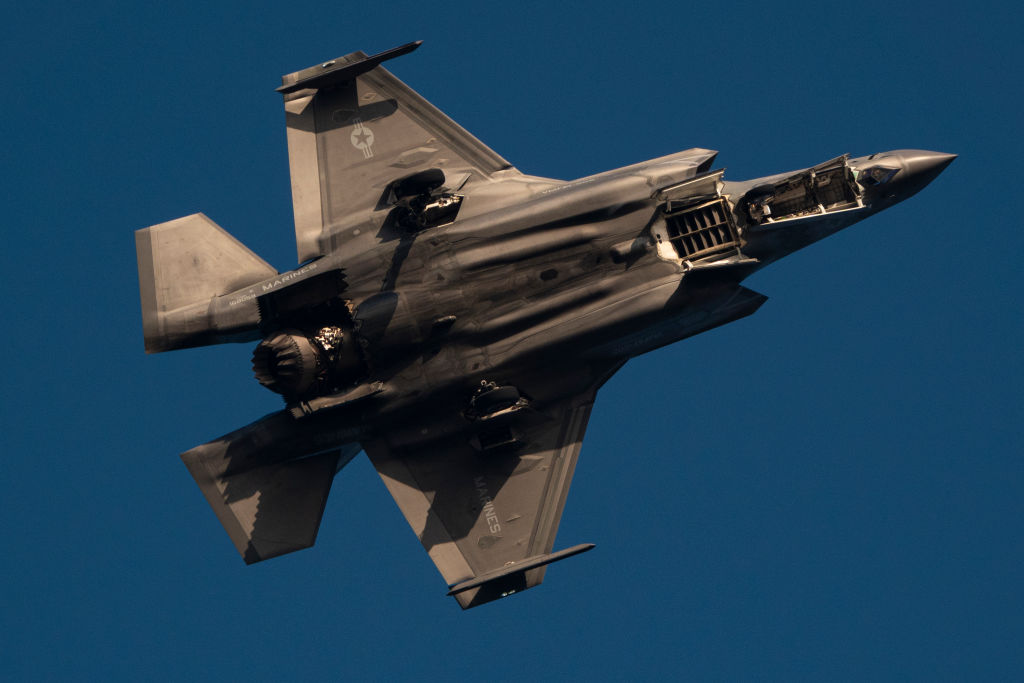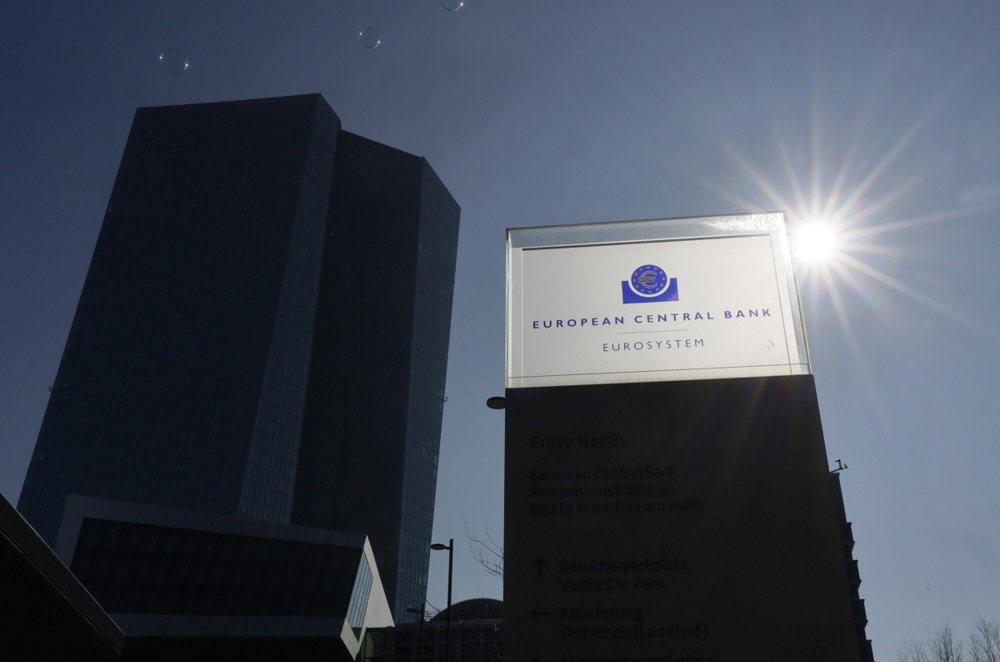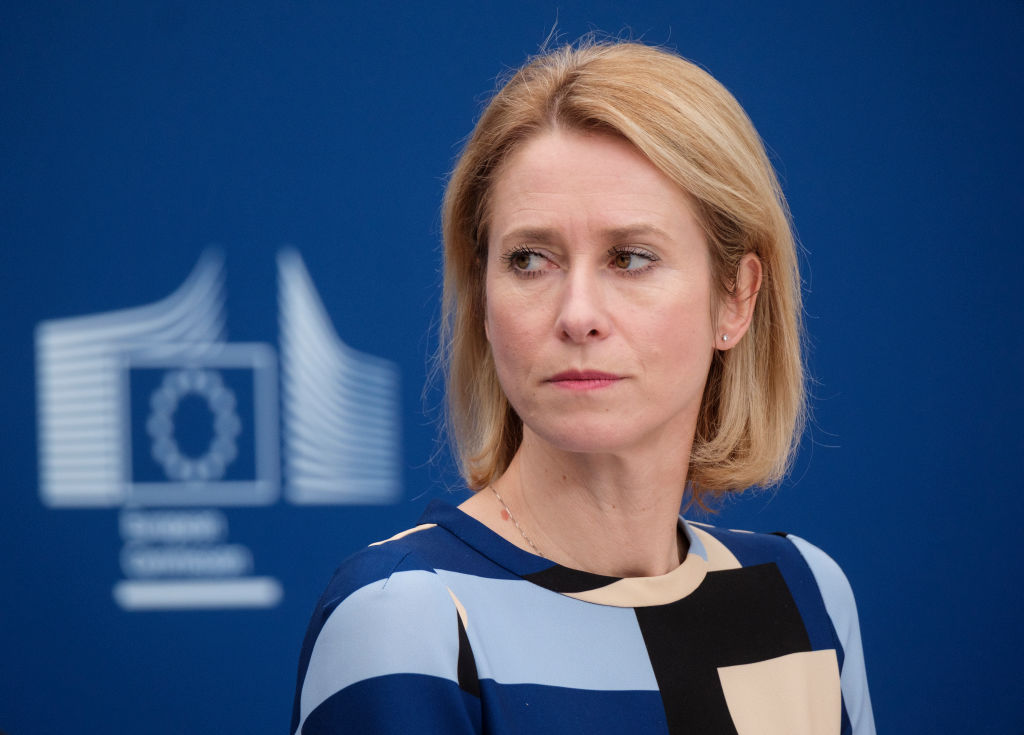The European Investment Bank (EIB) was now for the first time funding “purely military projects”, said its president May 12.
The EIB had entered the military market despite considering it “unfortunate”, as “we are all aware that the EU is a peace project”, Nadia Calviño told a conference in Brussels.
Calviño said “Recently we expanded our scope to be able to cover purely military projects,” citing drone production as an example, at an event hosted by the Brussels-based Bruegel Institute.
She said security and defence had become one of the bank’s eight new core strategic priorities, unveiled in February 2025.
The EIB, the EU’s long-term lending institution, previously lacked visibility in areas outside climate but had now broadened its mandate to align more closely with the political agenda of the European Commission, she said.
And even though EC President Ursula von der Leyen insisted a week earlier that the EU remained a “peace project”, amid commemorations of the end of the Second World War, the institution is actively funding the war in Ukraine and increasingly investing in its armament industry.
This triggered criticism from MEPs, including Tom Vandendriessche from the Patriots for Europe, who told Brussels Signal that “Von der Leyen is turning the EU into an arms supplier that ultimately wants us to march into the trenches”.
Calviño also said the EIB was becoming “more strategic” and forming stronger partnerships with member states and private actors.
Defence was now explicitly part of the bank’s agenda, Calviño said.
“It is an area where none of the member states would like to invest,” she said, but she underlined the need to reduce dependence on non-EU countries. “We go where there is a gap,” she explained.
While the EIB “does not act as a central procurement agency and does not manage the EU budget, it works through financial intermediaries such as banks to lend money”, she explained.
It finances “both young companies working on technologies such as drones and public authorities, mainly in infrastructure”.
In 2024, the EIB doubled its financing in European security and defence to €2 billion. Calviño said this followed discussions with member states to identify market gaps “where we can be most useful”.
The report also outlined structural barriers to investment in the EU. Market fragmentation remains a key obstacle: 60 per cent of EU exporters and 74 per cent of high-innovation firms said differing national standards — on VAT, labelling, and licensing — hurt business.
Revoltella called Europe’s research base strong, producing 24 per cent more research papers than the US. But she stressed public support alone won’t suffice, saying, “You mostly need the structural change that will incentivise private investment.”
Bruegel’s Maria Demertzis warned the EU may be prioritising defence at the cost of other long-term needs. “We have a golden rule for defence investment, but not for ageing investment?” she asked.
The report also warned the share of firms in high-tech sectors was higher in countries with fewer barriers, suggesting regulatory simplification could have a broader impact.
Integrating AI and digital tools into industrial and service processes delivered clear productivity gains — but uptake remained low, said the report. The share of EU firms using AI or big data was six points below the US, and most investment still went into infrastructure and models rather than practical integration. Firms that did adopt these technologies showed higher productivity than their peers.
Revoltella added that support was more effective when done at EU level rather than nationally: “Every time you support a firm, you disrupt the market,” she said, but “you minimise this distortion when doing it at European level.”
The EIB’s 2024/2025 Annual Investment Report outlined three main levers to boost competitiveness and security: integration, simplification, and large-scale investment in innovation.
The conference panel discussed the report and brought together its authors, along with Bruegel researchers and EIB officials, including Chief Economist Debora Revoltella.





